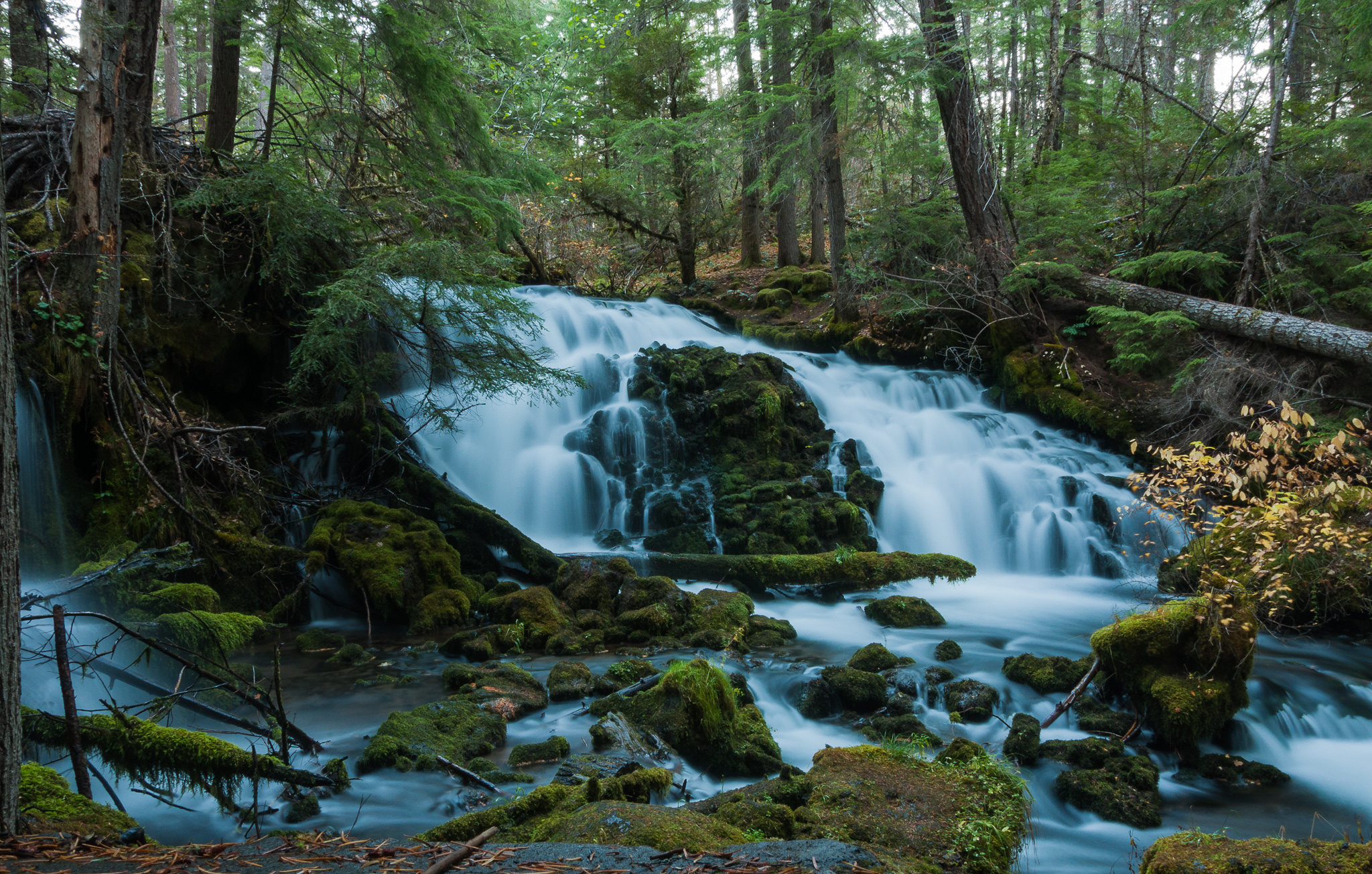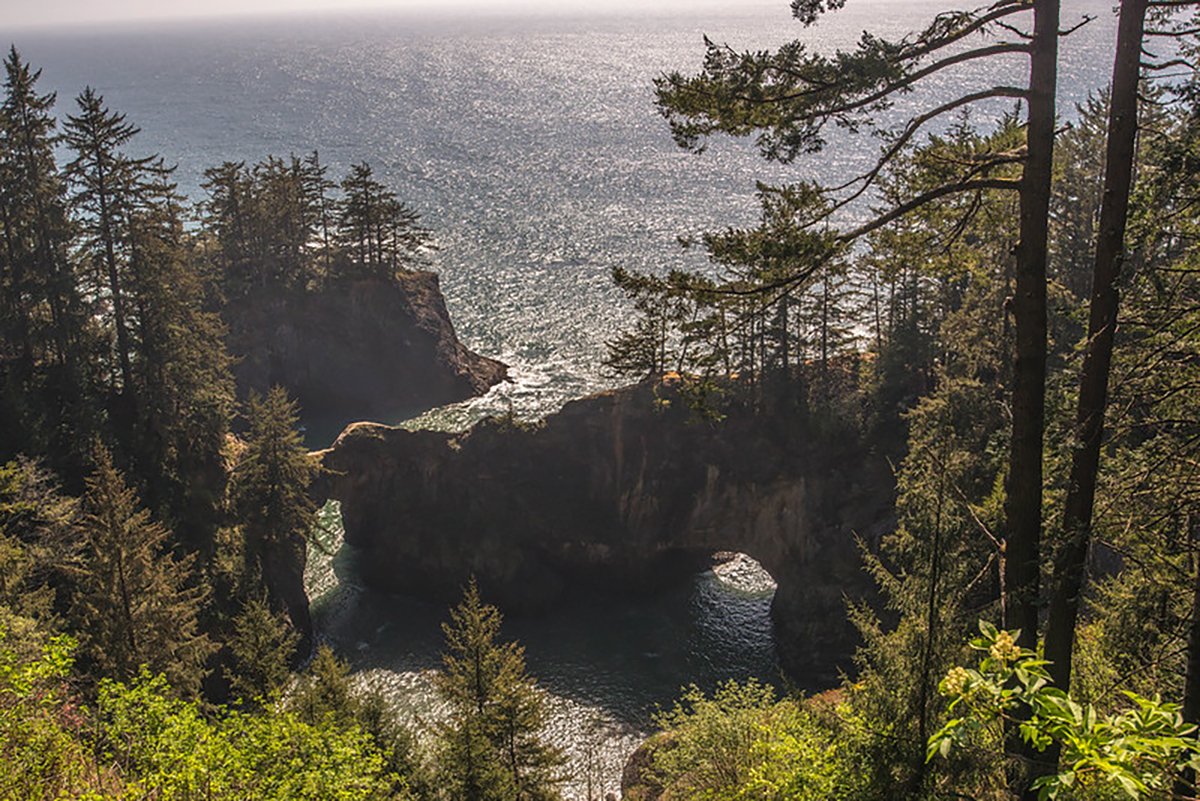As someone who deeply loves hiking, photographing, and exploring the breathtaking landscapes of Oregon, I've always felt a deep connection to the myriad of trails that our beautiful state offers. These trails, much like Oregon's publicly accessible beaches, symbolize our state's commitment to open and accessible natural spaces. It's these trails that truly showcase the unique character of Oregon, making it a special place for outdoor enthusiasts like myself. However, a recent development threatens the accessibility and preservation of these trails, a concern highlighted in a report by Bike Portland.
In July 2023, the Oregon Court of Appeals made a decision that could potentially jeopardize public access to our trails, including those used for biking. This decision revolves around the state's "recreational immunity" law (ORS 105.682). This law essentially protects landowners from liability claims related to injuries that occur on their property during recreational use. Its intent is to encourage the opening of lands for public enjoyment without the fear of legal repercussions.

In 2019, Oregon's recreational immunity law was significantly challenged when Nicole Fields, walking with a friend and their dogs at Agate Beach, slipped and broke her leg on a wet bridge along Newport's Ocean to Bay Trail. This incident, where Fields reportedly was not actively engaging in recreation, led her to sue the City of Newport in 2020, claiming negligence in maintaining the bridge and failing to post warning signs. This case raised important questions about the application of recreational immunity, especially in non-recreational circumstances.
The legal ambiguities surrounding Oregon's recreational immunity law have prompted a worrying trend. Several cities and land managers, apprehensive about the risk of lawsuits, have started shutting down key trails, notably in Waldport, Oceanside, and the Port of Garibaldi. This cautious approach, potentially influenced by insurance industry anxieties, directly threatens beloved hiking routes across the state, as highlighted by the Salem Statesman Journal. These closures have significant implications for outdoor enthusiasts and the accessibility of Oregon's scenic trails.
Such actions hinder public access to these natural spaces and contradict Oregon's tradition of open and accessible outdoor recreation. The concept of shared responsibility is crucial in hiking, emphasizing that hikers should recognize and accept the inherent risks of engaging in outdoor activities. Without it, the state faces unsustainable legal challenges that could ultimately diminish the rich outdoor experiences Oregon is known for.

In response to this precarious situation, trail advocacy groups are taking action. The Oregon Trails Coalition, a prominent nonprofit, is working diligently to address this issue. They're rallying support for a legislative solution that would restore and clarify recreational immunity protections for land managers. This effort is crucial for ensuring the continued enjoyment and access to Oregon's trails.
RELATED: 37 Awe-Inspiring Oregon Trails to Hike In 2024
Looking ahead, there's hope for a resolution in the 2024 legislative session, with discussions about amending the law already underway. The Oregon Trails Coalition is organizing a Trails Day at the Oregon Capitol on February 12th, providing an opportunity for community members to voice their support and engage with lawmakers.
As someone deeply invested in the hiking community of Oregon, this issue is close to my heart. Our trails are not just pathways through nature; they are the lifeblood of our connection to the environment, offering us a unique way to experience the beauty of Oregon. If I am being honest, I feel hiking in Oregon may have saved my life and rescued me from a dark place at one point in my life. Adventuring is what makes me feel truly alive, and always an opportunity to "reset" in a sense. Frankly, it's my passion for hiking across Oregon's stunning landscapes that inspired the creation of this very blog, That Oregon Life. Without it, this platform for sharing the wonders of our state wouldn't exist. The ongoing legal issues, echoed in the closure of trails, not only affect recreational opportunities but also the spiritual and emotional relief these spaces provide. It's crucial for communities to rally together, much like the defenders of public beach access, to ensure these paths remain open and integral to Oregon's identity.













